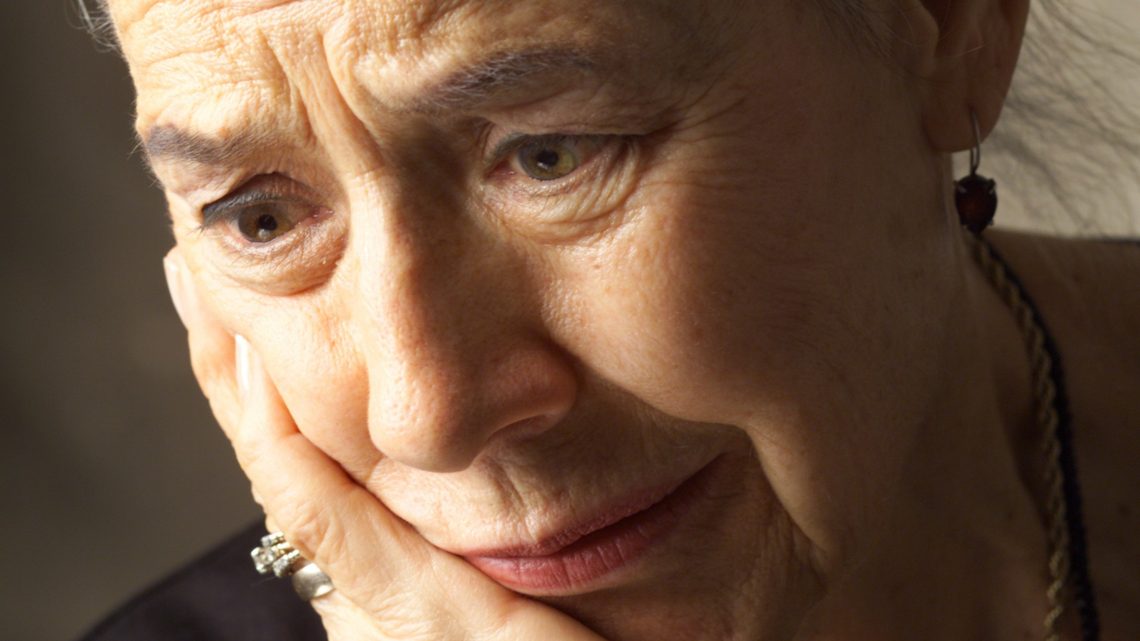This week I’ll be privileged to present seminars to law enforcement chaplains from around North America at their annual convention, in Spokane this year. I plan to introduce one talk by telling the story of how a group of priests rescued a widow–not professional priests, but men and women who belong to the priesthood of all believers that is our mutual calling as members of the body of Christ.
This particular experience began when the police dispatcher sent me to a house where a man unexpectedly died. Walking into the living room, I glanced about to see if this was a religious household. We were trained to do this so as never to impose the mention of God upon an irreligious family. I did see several Bibles around, so they weren’t atheists. A church bulletin told me they were active Christians.
That was the testimony of the written word. Then came the living word.
The doorbell chimed as I was praying with the widow. People flocked inside, members of her church. They knew where to hang their coats, having been there many times as a small group fellowship. Soon the place was swarming with brothers and sisters in Christ, hugging the widow and weeping with her. They didn’t need me there, actually. In fact I didn’t have anything to do. Then their pastor came, and he didn’t have anything to do, either. So we sat together on the coach and witnessed a living love letter. Something the apostle Paul said came to mind: “You show that you are a letter from Christ” (2 Corinthians 3:3).
Organized religion at its best—organized for ministry.
A church full of priests
When those church members showed up to minster, they served under the “captain of their salvation” (Hebrews 2:10), the high priest of heaven’s sanctuary. Just before Jesus left this world, He prayed to His Father: “As you sent me into the world, so I have sent them into the world” (John 17:18). This word “sent” is the same from which we get “apostle.” The church community is the apostle of Jesus, dispatched into the world to represent Him—in the same way that He had come to show us His Father.
Jesus is our high priest, a term that implies lesser priests here on earth. Protestants have known this as theological theory for the past five centuries. Martin Luther discovered that you don’t have to curtsy in the Catholic confessional to get your sins forgiven through a human priest. The whole church is Christ’s priesthood, Luther thundered in sound waves that rocked Rome.
But somehow the church, then and since, has been silent on the full meaning of this truth. Sure, we’ve talked about being a priesthood, but only halfway. We’ve mostly seen it as a defensive, passive doctrine—basically a way to escape the blasphemy of kneeling before a fellow sinner to get God’s free gift in Christ.
But there’s another blasphemy committed when we make the priesthood an unemployed noun. It’s more like an active verb. Priests don’t just sit there—they do something. Priests are Christ’s living, loving body—all of us together. There are no ornaments on the body of Christ.
Millions of Christians are praying to see the old Jewish temple rebuilt in Jerusalem, complete with a restored priesthood to resume the slaughter of animal sacrifices. The question must be asked: What about the full and final sacrifice of Christ’s body on the cross?
God’s vision for final events is different. His priesthood is not headquartered in old Jerusalem’s temple but in New Jerusalem’s celestial sanctuary, with representatives serving as a living temple all over this planet: “You are living stones that God is building into his spiritual temple. What’s more, you are his holy priests. Through the mediation of Jesus Christ, you offer spiritual sacrifices that please God” (1 Peter 2:5, NLT).
Without such an active priesthood of all believers, another question deserves asking: What about the full and final sacrifice of Christ’s body in the world today?
The heavenly sanctuary is Christ’s great employment agency for His people—all of us. Our vacation from guilt and death is a vocation for ministry.
Priests are foreign ambassadors
So priests are not just passive Protestants. We are ambassadors for God, embodying His truth to a world lost in lies about Him. Priests are connectors. Just as Jesus connected us with the Father, so we now connect people to Him.
Something else about priesthood. It’s not about having a good time in the Lord, although when we lose our lives for Christ’s sake, we do find fulfillment, purpose and joy—along with suffering.
Life is unfair, especially for priests. We get stuck with other people’s messes. As a chaplain forsakes a warm and safe bed because somebody got drunk and caused a fatal wreck on an icy road, we willingly deal with other people’s consequences. In this we “bear one another’s burdens, and so fulfill the law of Christ” (Galatians 6:2).
Here is the long-awaited answer to the question of the earth’s first murderer: “Am I my brother’s keeper?” (Genesis 4:9). Yes! This does not make us his messiah. We can’t take responsibility for what other people do to hurt them, or what they do to hurt themselves. In that sense, “each will have to bear his own load” (Galatians 6:5). But we can help them cope with their painful consequences and experience the loving hand of God.










